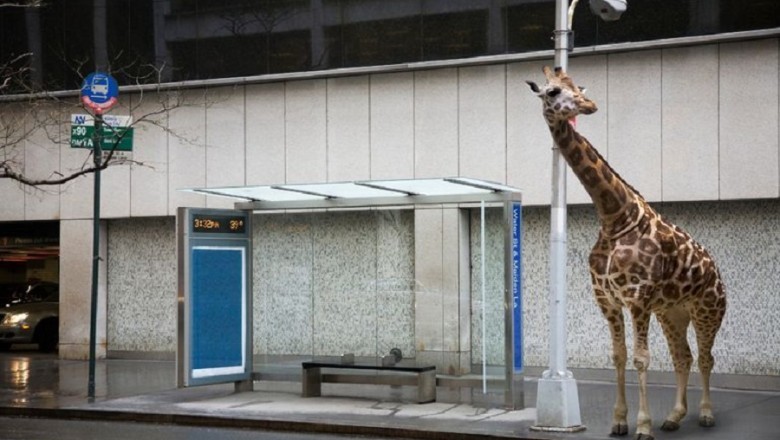
This is what would happen to the world if humans disappeared
Wild animals would reclaim areas previously dominated by humans.
First of all, one of the most noticeable changes we would see after the disappearance of humanity is the return of wild fauna. Our once bustling cities would undergo a process of "reverting to wilderness". Wild animals and formerly domesticated creatures would take back control, while plants would grow wild everywhere. Alan Weisman, the author of "The World Without Us," provided an interesting insight into this possible scenario in a conversation with Live Science.
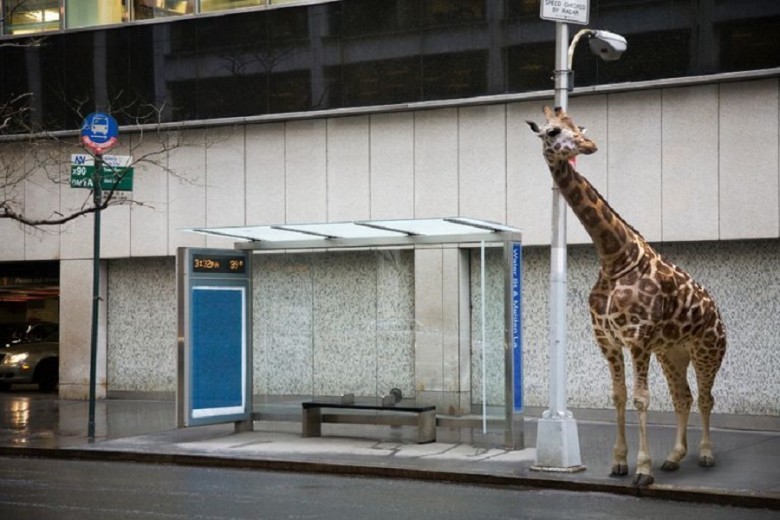
Weisman emphasized the cascading impacts that the absence of humans would have on the insect world, leading to thriving ecosystems. He argued, "With an increase in insect populations, plants would also thrive. And shortly after, we would see an increase in bird populations." This domino effect would revive habitats and allow nature to reclaim the spaces we once occupied.
Lawns, gardens, and farms would be overgrown with vegetation.
We have all seen how an unattended garden transforms during the summer. Within a few weeks, the landscape changes completely. Grass shoots up, and invasive plants spread unchecked. Now, imagine this sight on a global scale, with nature taking over without human intervention.
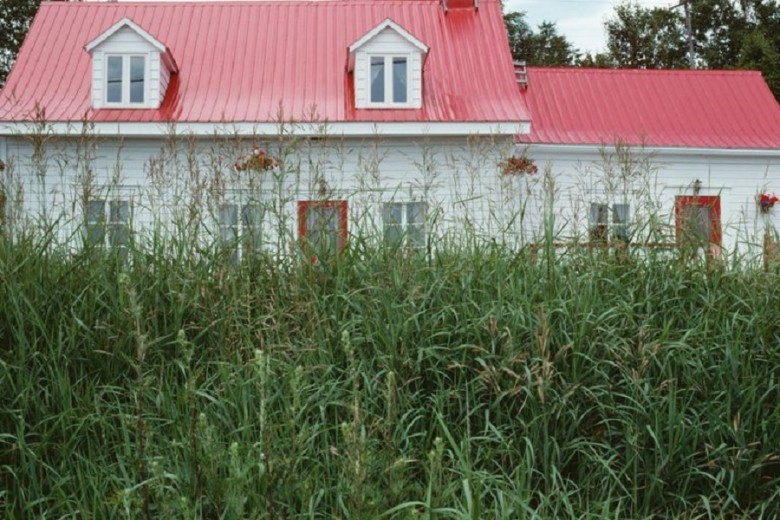
Without human interference, gardens, lawns, and farmland would quickly become dense, wild areas. The absence of constant care would enable a variety of plants to bloom without human intervention, leading to richer and more diverse landscapes.
Glass buildings would collapse, but others would remain standing for a long time.
Many questions arise about the fate of our architectural wonders in a human-free world. Would our skyscrapers and monuments withstand the test of time? Some, especially those made of glass, would undoubtedly deteriorate rapidly. Others, especially those made of metal, would succumb to corrosion.

It is noteworthy that, according to Weisman, stone structures would hold up best over time. He said, "Buildings that reflect nature's raw materials pass the test of time." Could this lead us to ponder our relationship with the environment?
Roads and bridges would collapse.
Our infrastructure, such as roads and bridges, would deteriorate rapidly without human maintenance. Over the years, metallic building materials would rust, compromising their stability. Wild plants would take over and further erode these structures. It would be a slow process, but these human achievements would be seriously at stake.
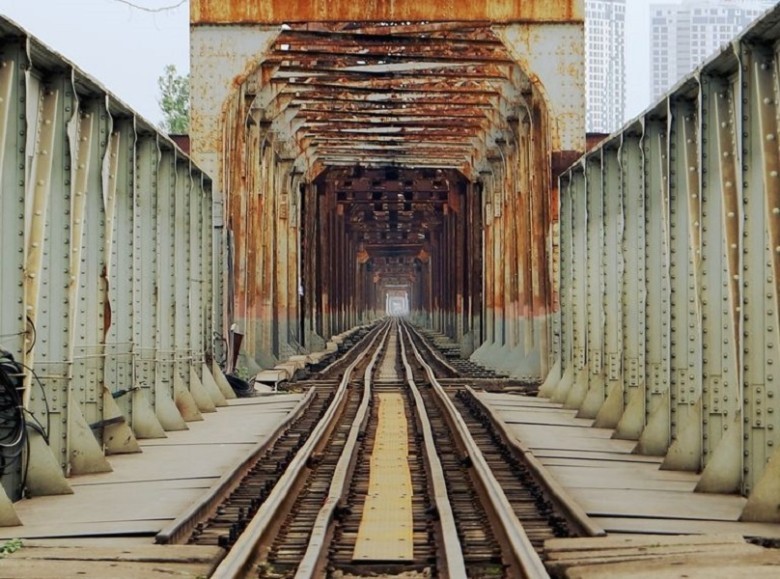
The constantly shifting surface of the Earth presents a significant challenge for human-made infrastructure like roads and bridges. Over time, these movements would lead to inevitable damage and cracks, especially without humans carrying out repairs.
There would be an abundance of insects everywhere.
A life without humans would bring an unprecedented boom in insect populations. Nowadays, we keep them in check with pesticides and repellents. However, without us, these small creatures would thrive in a way we have never seen before.
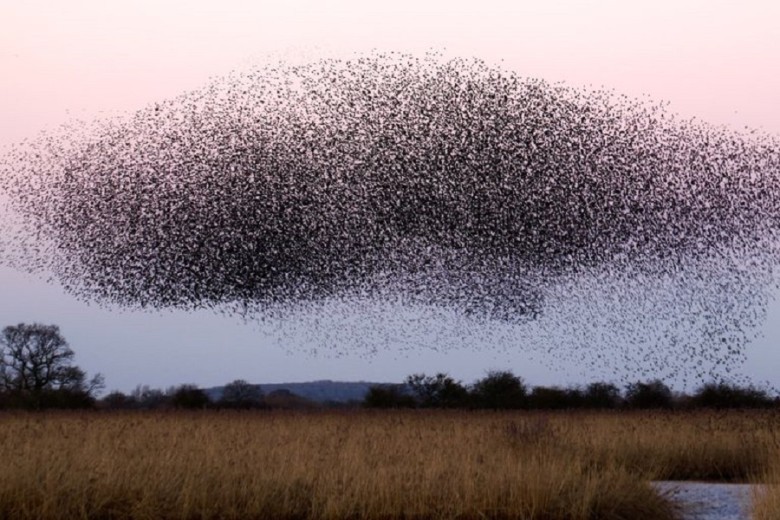
In the absence of humans, the insect population would increase exponentially. Weisman highlighted their astonishing adaptability and said, "Insects, with their rapid mutation and adaptation abilities, would thrive, enjoy available resources, and dominate ecosystems."
Large animal species would spread everywhere.
The megafauna, those majestic large animals, would see a post-human world as their sanctuary. Historically, hunting and habitat destruction have decimated their populations. But in a world without humans, these animals could live abundantly and expand.

Over time, the absence of humans would mark an era of megafauna growth. Although the complete restoration of biodiversity could take millions of years, under the right conditions, the Earth could experience a resurgence of these impressive creatures.
Water pipes would freeze and burst.
Our domestic water systems would face significant problems without maintenance. Without us, the water supply would stop, and in cold areas, pipes would freeze and damage the water distribution systems.

The complexity of our water supply systems would be particularly tested during the cold months. Standing water in the pipes would freeze and expand, leading to devastating breaks and infrastructure damage.
The population of rats and cockroaches would decrease.
It is interesting to note that not all animals would thrive in a human-free world. While many animals would live freely, rats and cockroaches might struggle to adapt to a world without us.

Our current waste production favors certain species like rats and cockroaches. Their abundance is largely due to our food waste. Without this constant source of food, their survival would be questionable.
Without electric lighting, the world would be much darker.
Artificial light has completely transformed our nighttime landscapes. However, without electricity and without humans managing it, the lights would disappear. Our cities and villages would be shrouded in darkness, similar to how it was before civilization.

The darkness in a post-human world would lead to significant ecological changes. Nocturnal animals, previously restricted by urban lighting, would venture into the cities. The bright glow of the moon and stars would dominate the nights, without competition from artificial light.
Our streets would be filled with small animals.
Despite the urban concrete, there are animals like raccoons and foxes. In a world without humans, these animals would not only survive but also thrive and take over the streets we once dominated.
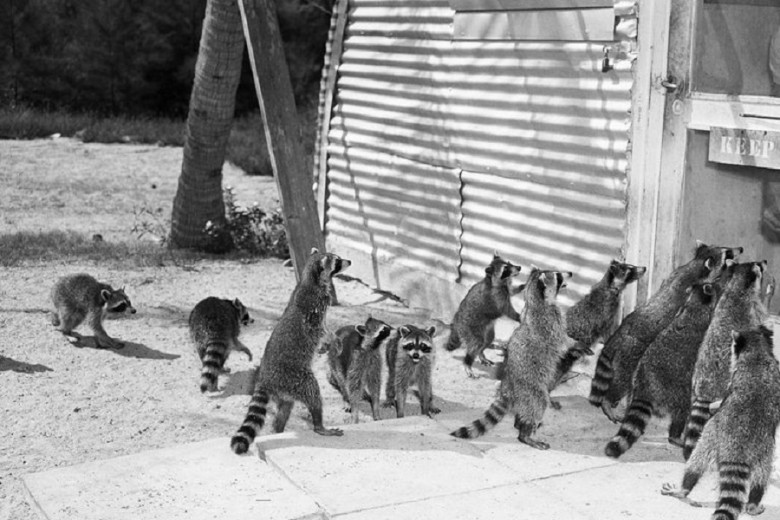
Some species, like beavers, could experience a resurgence reminiscent of their historical abundance. Considering their previous presence in North America, we wonder: Could they return to their former ecological significance without human constraints?
Subway systems in cities would be flooded.
A significant impact would be the failure of our drainage systems. Without maintenance, rainwater and groundwater, especially in cities with subway systems, would lead to massive flooding.
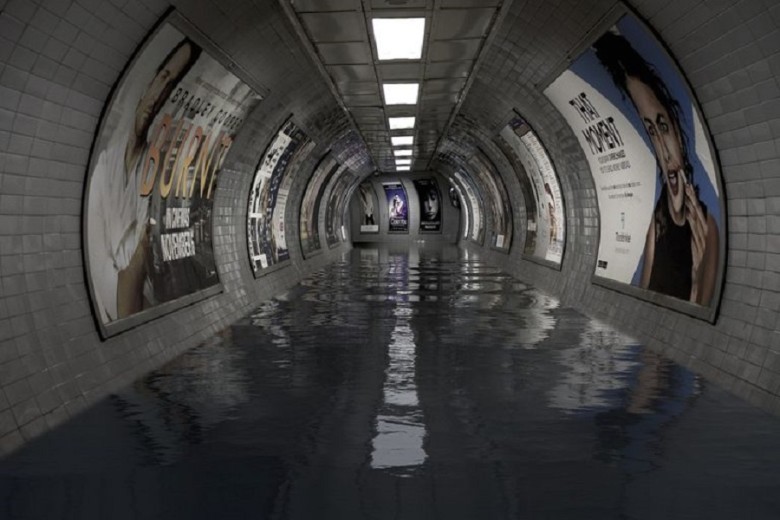
Urban underground structures would quickly face flooding problems. Weisman shared the perspective of experts, stating, "Without the necessary maintenance, the subway could flood in as little as 36 hours." This underscores our constant battle against the unstoppable forces of nature.
Everything would be so quiet.
While we can easily imagine physical changes, sound is often an overlooked aspect. Away from human noise, the Earth would transform into an oasis of silence - a stark contrast to our current noisy world.

The modern age is characterized by constant noise caused by traffic, machinery, and aircraft. Removing these sources of noise would turn our world into a quiet refuge. This newfound silence would certainly be a relief for wildlife from human disturbances.
Plants would grow on streets and buildings.
The streets would suffer. The changing terrain underneath would result in cracks that would be taken over by plants and vegetation, claiming this space as their own.

Nature has its own methods of spreading; plants rely on natural means of transportation like wind and birds. Once dispersed, these seeds would germinate and break through roads and pathways. The unstoppable spread of flora would reclaim these human-made paths, showcasing the power of nature.
Global warming would continue for thousands of years.
One might assume that global warming would decrease without us. However, the effects of our actions would persist, and climate change would continue to impact the planet for thousands of years.

The ecological crisis would not end with the disappearance of humanity. Temperatures would continue to rise, leading to the melting of the poles and the release of gases trapped in permafrost. This cycle, amplified by our past actions, emphasizes the complexity and dynamics of climate change.
Wildfires would spread uncontrollably.
Although we have caused many problems, we have also intervened to regulate them. One example is wildfires. Without humans to fight them, wildfires would spread uncontrollably, consuming vast tracts of land.
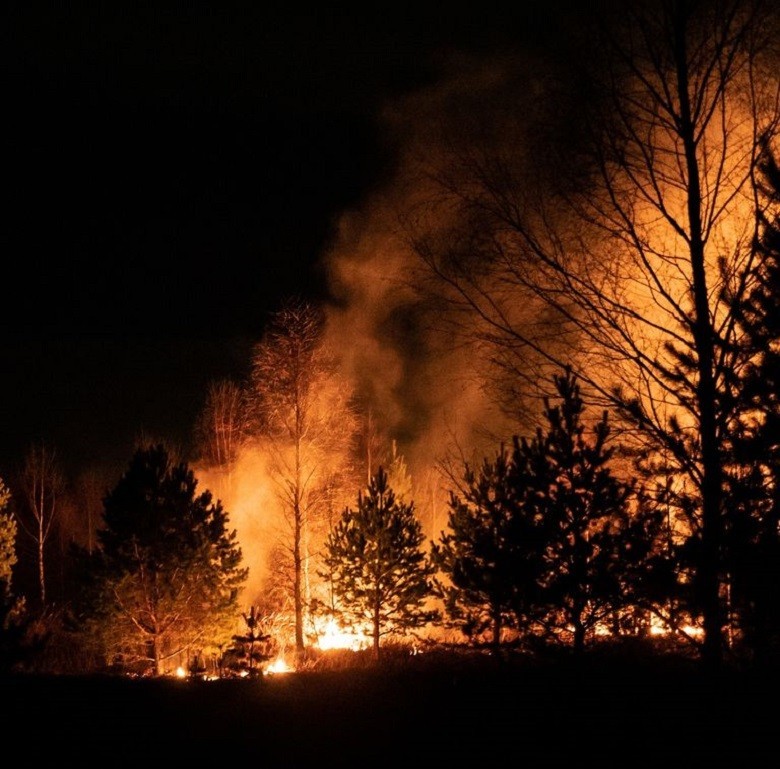
Without human intervention, natural disasters like wildfires would rage unchecked. Even though human activities are often cited as causes for these fires, nature has its own triggers, such as lightning strikes. These natural fires could devastate large areas without intervention.
Wooden structures would be devoured by termites.
In a world without humans, termites would pose a significant threat to all wooden structures. These small insects would exploit any weaknesses and voraciously consume wood. Without our interference, wooden constructions and buildings would slowly deteriorate. It would only be a matter of time until many of these wooden structures collapse due to their activities.

Wooden structures would be exposed to the elements. When water seeps in, it accelerates decay, leading to rot and eventual collapse. Over the decades, traces of our wooden constructions would disappear, erasing signs of our human civilization.
Many large-scale nuclear explosions could occur.
While many species would thrive in a world without humans, there would be a menacing risk: uncontrolled nuclear explosions. Without human oversight, nuclear power plants could cause catastrophic accidents. Such incidents would be a serious threat to all lifeforms. Radioactive radiation could spread widely and potentially affect the entire planet.

The absence of human supervision in nuclear facilities paints a disturbing picture. Weisman warned that a sudden disappearance of humanity could lead to the release of radiation with unpredictable and catastrophic consequences. This highlights the potential dangers of our technological advancements.
Pets would become prey for predators.
The animals we have domesticated and upon which we depend would face immense challenges. From farm animals to pets, their survival would depend on their adaptability. These animals would need to learn to forage for food independently and defend themselves against predators. For many, this transition could be an almost insurmountable hurdle.

In the absence of humans, nature would rebalance its food chain. Emerging predators, no longer limited by human interference, would seek prey among the domesticated species. This underscores the vulnerability of creatures that once stood under our protection.
There would be many more fish in the sea.
Currently, overfishing is a serious threat to our oceans. However, in a world without humans, this activity would come to a complete halt. Without relentless fishing, the seas could recover. Fish stocks and other marine creatures would likely increase again.
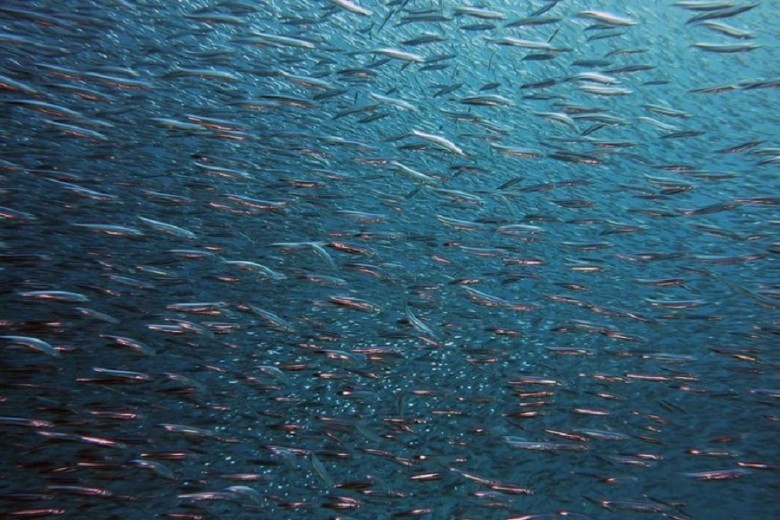
A world without humans would favor marine life. Over time, fish populations could recover, potentially reaching levels seen before the onset of industrial fishing. This gives us a hopeful perspective on the future of our oceans.
Food crops could disappear.
It is often discussed how agricultural land would revert to wilderness, but there are other aspects to consider as well. The plants we have domesticated for consumption could vanish, overwhelmed by the surrounding nature. Weeds and other invasive plants would quickly dominate. Over time, many of our current crops could become mere memories.
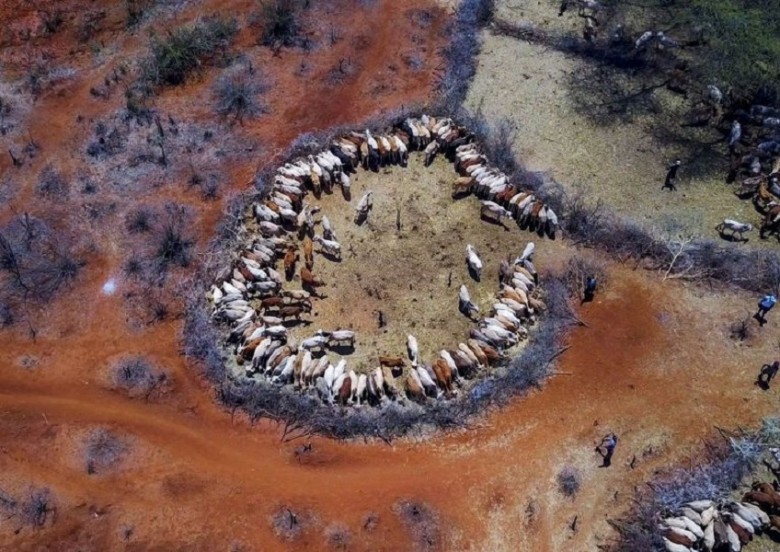
Weisman examined the future evolution of cultivated plants in a world without humans. He argued, "Domesticated plants would revert to their wild forms. Carrots could become Queen Anne's lace again, and corn could return to its ancestor, teosinte."
Dams would break and cause flooding.
Although dams are impressive structures, they have a limited lifespan. Without human intervention, dams could show signs of decay within a few decades. Water would begin to find its way and eventually, the structure could give way. Such an event would have devastating consequences for the surrounding areas.
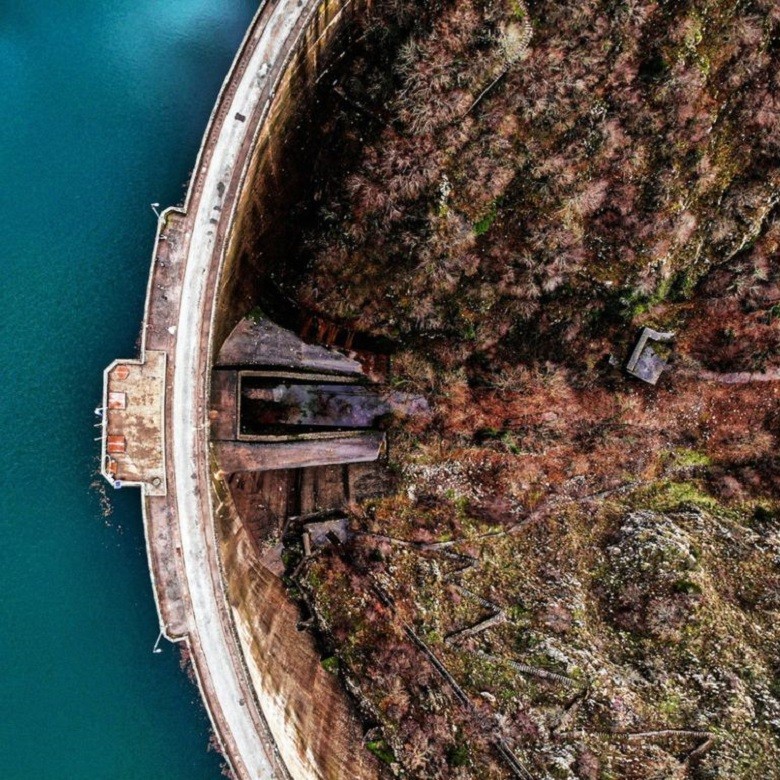
Dams would give way over time without human maintenance. Their collapse would release vast amounts of water, threatening life in the vicinity. This potential catastrophe highlights the importance of human intervention in our structures.
Pollutants would persist but not hinder nature's progress.
Through human actions, pollutants have been released that can last indefinitely. As Weisman notes, some pollutants could persist until the end of time. However, over long periods, nature could find ways to neutralize them or at least bury them deep in the earth.
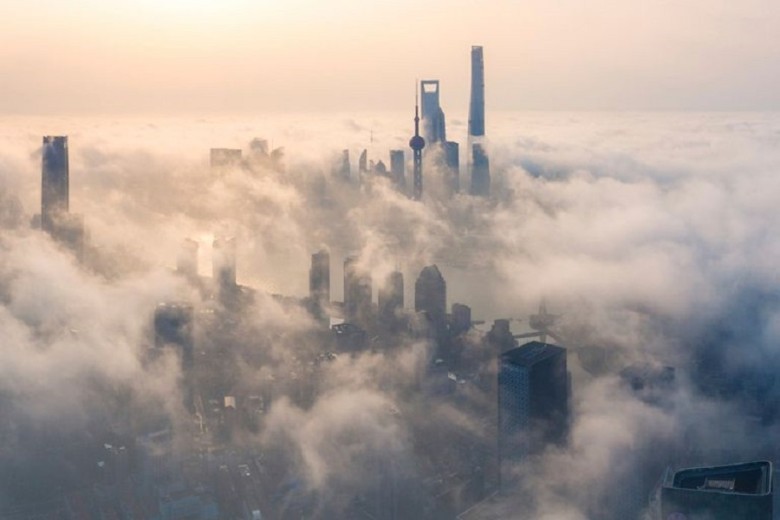
The human footprint on Earth is profound. Yet, the power of nature suggests a possible recovery. Despite the damage we have caused, life would go on, adapt, and show resilience.
Animals that eat insects would thrive.
In a world without human intervention, insects would truly thrive. Without pesticides and other chemicals, their populations would skyrocket. It would be a renaissance for many invertebrates. Along with them, other organisms would also benefit from this human-free era.
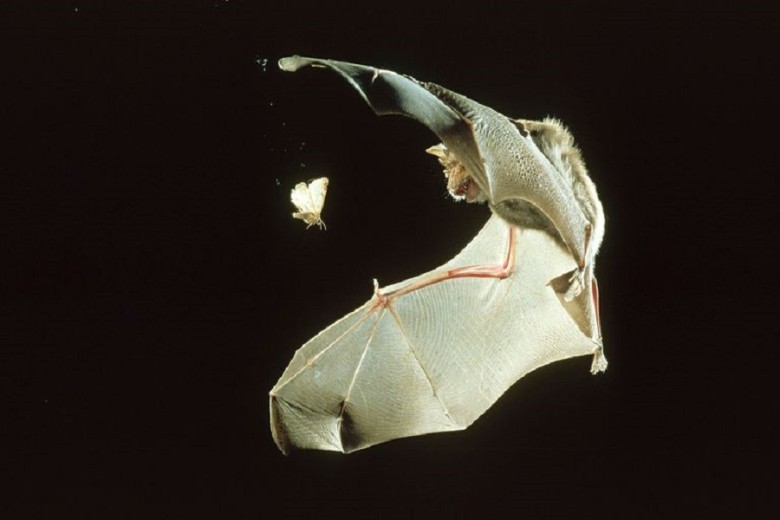
The increase in insect populations would indirectly benefit their predators. These include birds, reptiles, and others. This strengthened food chain demonstrates the interconnectedness in ecosystems and how they are maintained in balance.
Thick layers of dust would accumulate indoors.
Perhaps we don't often think about it, but in a world without humans, the interiors of our homes would fill with dust. Without constant human care, houses would become time capsules. Every corner and object would tell the story of a vanished civilization.

Our built spaces would evolve as they are abandoned. Without modern conveniences like air conditioning, they would become coated in dust. These buildings would become time capsules of a bygone era.
The food chain would take time to stabilize.
It is difficult to predict which species would dominate after us. Even though some species may seem ready to take control, nature remains unpredictable. The complex interplay in ecosystems could lead to surprising developments.
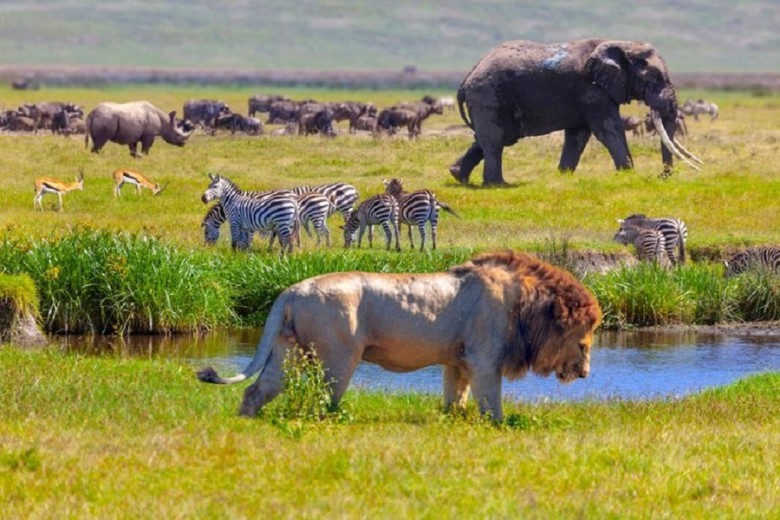
Biodiversity would experience a turbulent transition period. Power struggles between species could last centuries, showcasing the complexity of ecosystems and their constant search for balance.
Satellites would fall to Earth.
Beyond our planet, we have also left traces in space in the form of satellites. Without humans to control and maintain them, their future would be uncertain. Many could drift out of orbit or collide, creating more space debris.
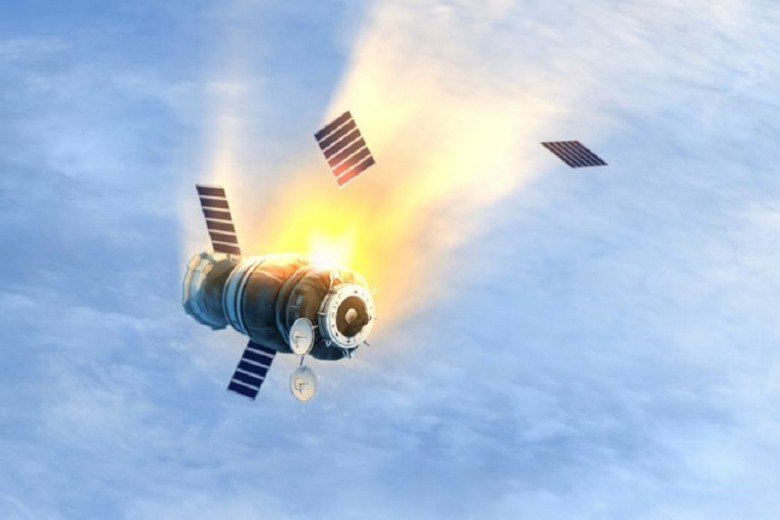
Our satellites would eventually fall from the sky. Without power, these technological symbols would crash, some disintegrating upon reentry into the atmosphere, others colliding with the Earth.
Parasites that afflict humans would die.
Some species have co-evolved with us and rely heavily on us. Parasites like lice, for example, would be threatened in their existence without their human hosts. In a human-free world, they could face extinction.
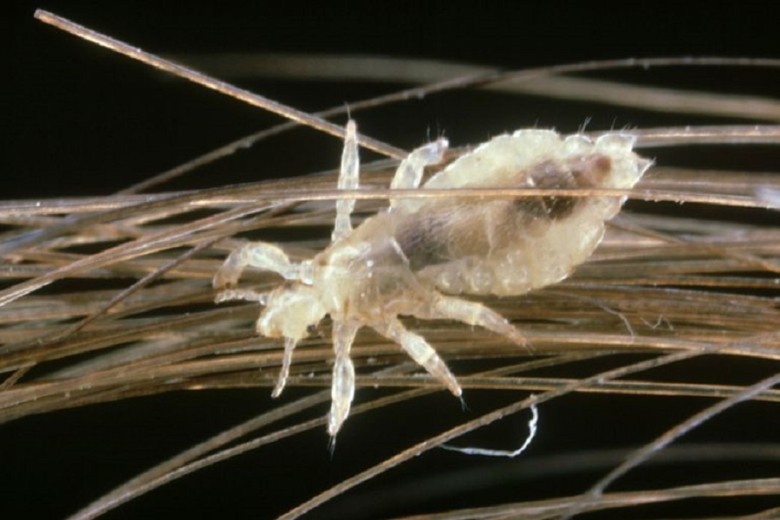
The relationship between humans and parasites is ancient. These tiny creatures that have often plagued us demonstrate the balance and reciprocity in nature. Their fate is closely linked to ours.
Sand would cover settlements in deserts.
Human settlements in desert regions, such as Las Vegas or Dubai, would experience nature reclaiming its space. Despite their impressive structures, the relentless sands of the desert would slowly engulf them. Sand dunes could envelop buildings, roads, and parks, erasing all signs of human life.

Skyscrapers would succumb to the passage of time. Over time, these buildings would collapse, leaving behind a landscape that barely resembles the cities we once knew.
Superintelligence could develop in other animals.
After the disappearance of humans, it is fascinating to consider whether another species could reach a similar level of intelligence. Evolution is a slow process, but creatures like baboons or other organisms could emerge as the new intellectual leaders of the planet.

Weisman presents a hypothesis about the potential successors to human intelligence. He suggests that "baboons, due to their brain-to-body ratio and adaptability, could follow an evolutionary path similar to ours, similar to the early human communities."



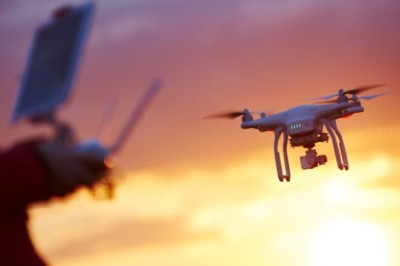
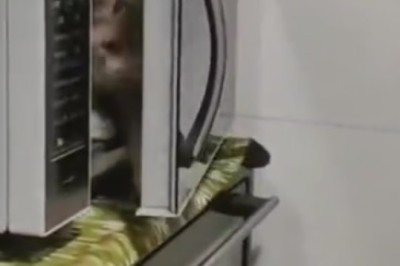
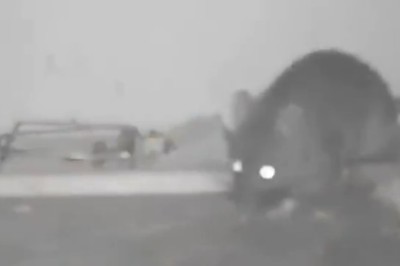


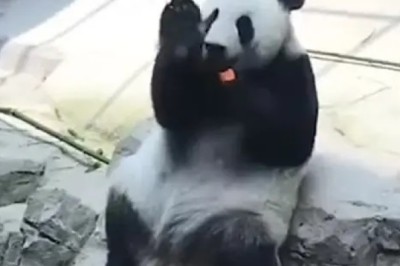
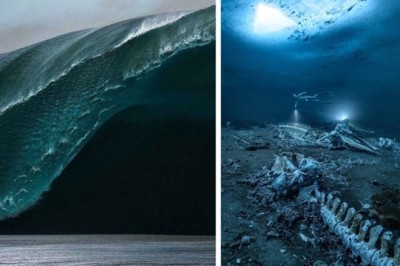


Comments
0 comment